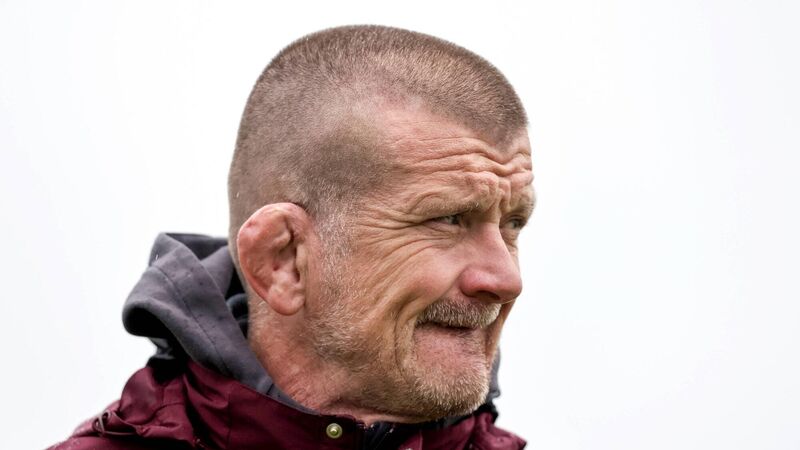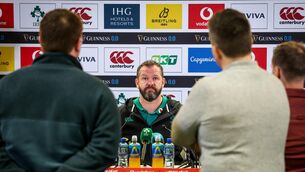Donal Lenihan: Munster's structure around Rowntree will make or break him

NO 1: Graham Rowntree will take up his first head coaching role on July 1
AT long last, white smoke emanating from the board room of Munster Rugby. After a protracted process, the preferred choice to replace Johann Van Graan, once the likes of Scott Robertson and Ronan O'Gara ruled themselves out of contention, has now been offered the reins.
Graham Rowntree is a good fit for a number of reasons, not least the fact that the cultural make-up of the highly successful Leicester Tigers club he played for throughout his impressive playing career shares many similarities to what he encountered when arriving in Munster.










